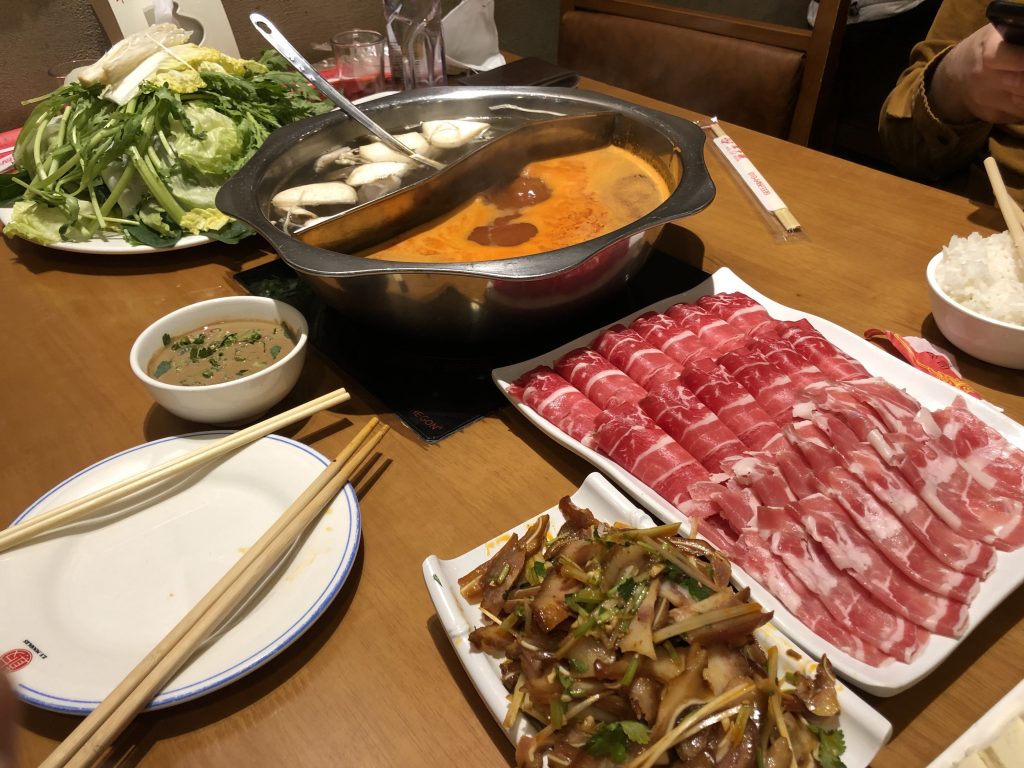
MY HOT SPOTS OF BEIJING
Here’s a handful of places that I suggest you must try if you are here in Beijing! I hope you enjoy them just as much as I do.

Here’s a handful of places that I suggest you must try if you are here in Beijing! I hope you enjoy them just as much as I do.
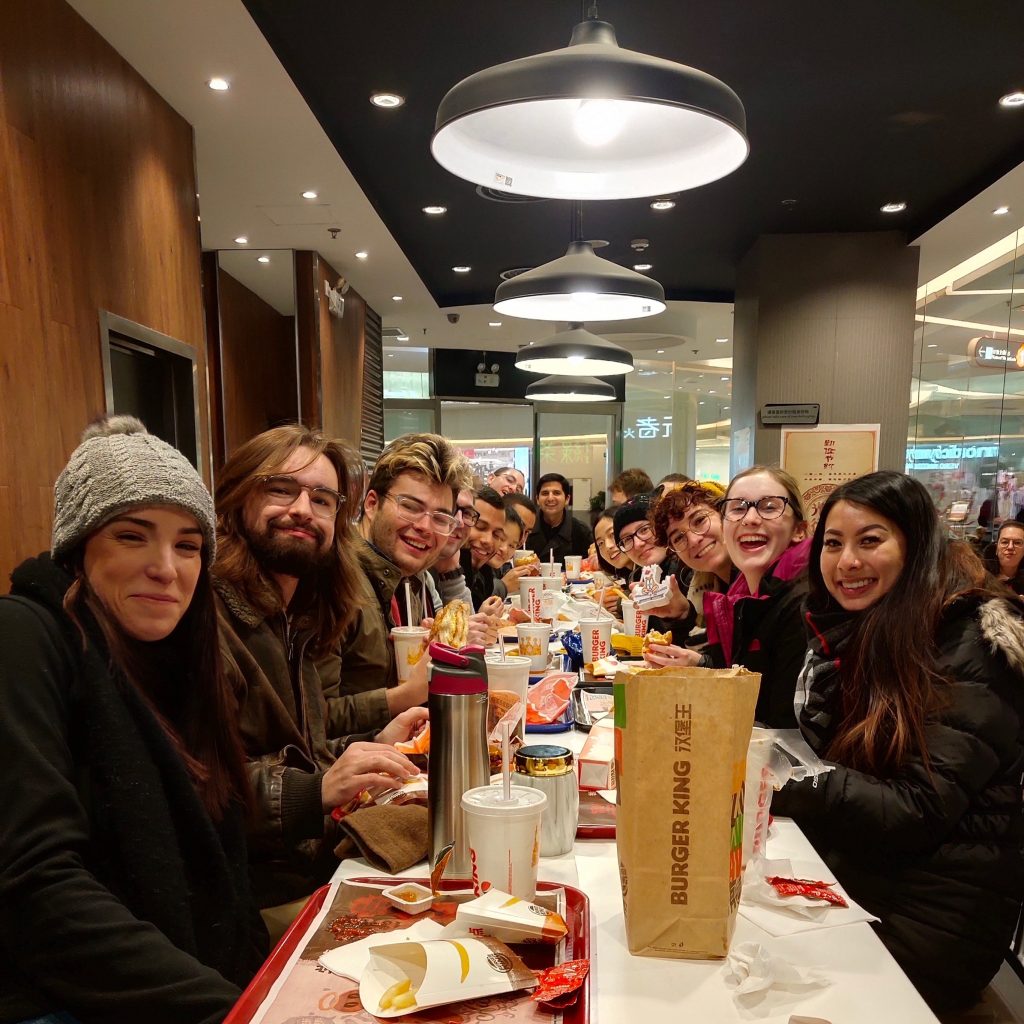
Beijing is going to be intimidating, AT FIRST. Larger than any city in the United States, there’s a lot to be learned. Don’t fear, this blog post is here. Get ready for the time of your life.
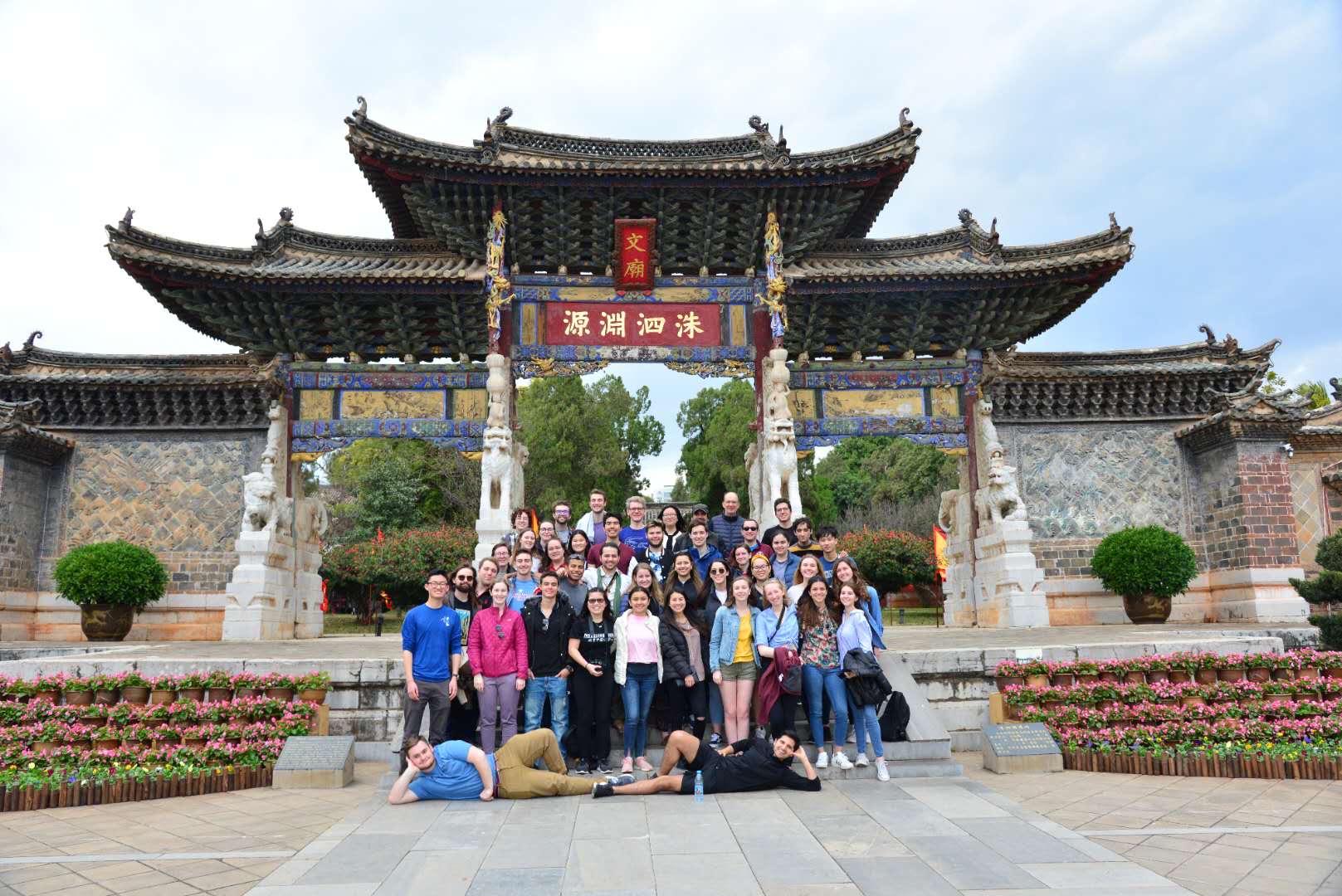
I went down to the Yunnan Province for two weeks with my peers that are in the same academic program. We went to many places in just a short amount of time and it was a fun and exciting experience. It all started off with Kunming, Yi village, Jianshui, Hani village, Jinghong, Dai village, Lijiang, and ended with Dali. Each city gave me a different taste of what China is like. At first, I was skeptical on going on this trip from day to day, it felt like I was backpacking around southern China, but I’m glad that I experienced this trip. These were some of my favorite highlights:
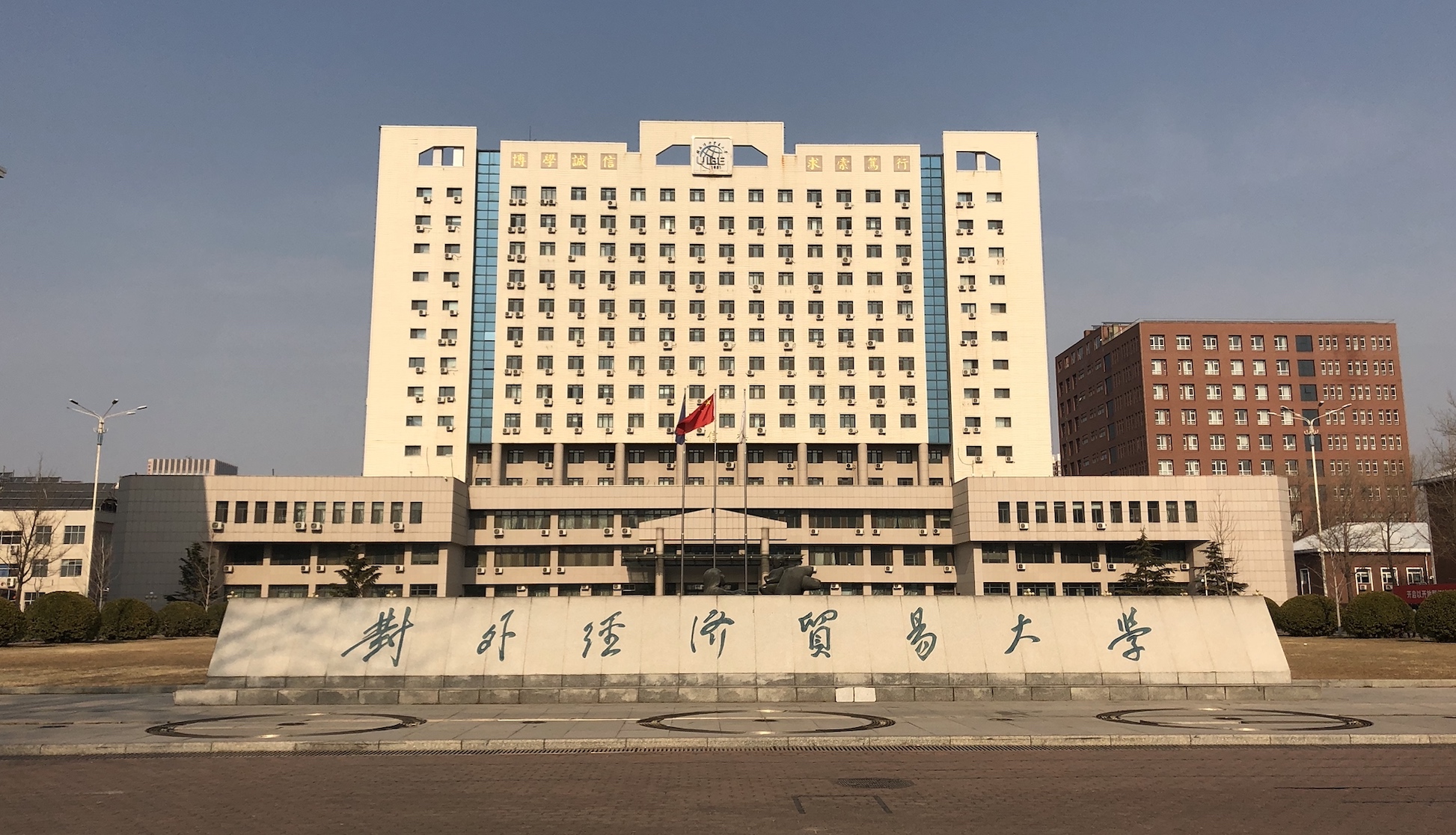
China has always been on my places to visit list, but I know I couldn’t experience the full Chinese culture that I wanted to if I went on a short vacation. The opportunity for me to come to Beijing and study abroad was a bold one because I was born and raised in San Francisco. I have never left the city or stayed away from home for more than 3 weeks. Knowing that I was going to be a semester abroad, half way across the world, was very scary.
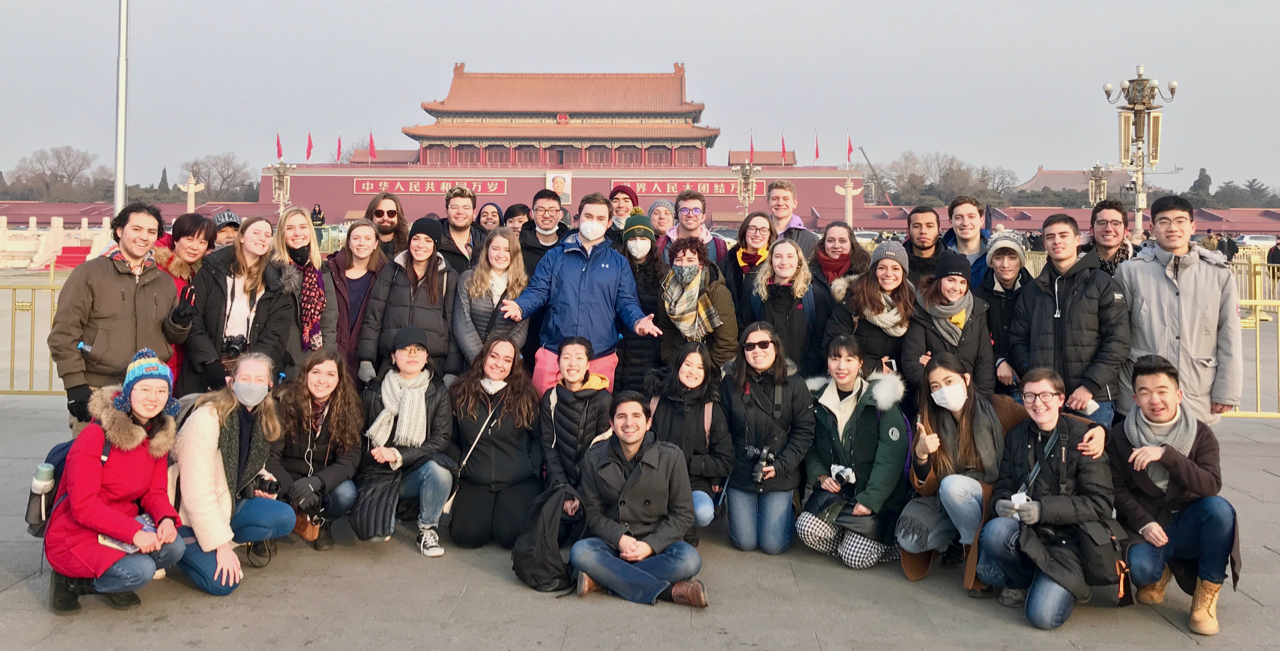
When I left Chicago a lot was going through my mind. I was going to a country that I had never been to before, and one that not very many American students wanted to study abroad in, at least compared to places in Western Europe. After the fourteen hour long flight was finally over the plane landed at about 4 PM Beijing time.

I am Lenny, TBC’s marketing intern since this past June, and today is the last day of my internship with TBC. I want to take this opportunity to talk about something a little personal today, something that I’ve had a complicated history with and still struggle with from time to time. Today I want to talk about goodbyes.

I found myself at this moment on the other side of the world, writing to you about my adventure here in China. If you ever have the opportunity to travel, do not hesitate, because I promise when you cross the ocean, a magical world full of wonders to discover will be waiting for you, and it will be something you have never seen before. Where I can start? Maybe first I’ll tell you a little bit about where I come from; I’m Catalina Gonzalez, and I was born in Bogotá D. C, in the heart of Colombia.

“Where are you from?” is a question I constantly dread. It is one of the most basic sentences we employ when meeting other people, and it can usually be answered with a simple: *insert country of origin here*. However, if I were to respond to my interrogators with a simple “Venezuela”, this would not come close to describing who I am; it would not paint the full picture of my identity.
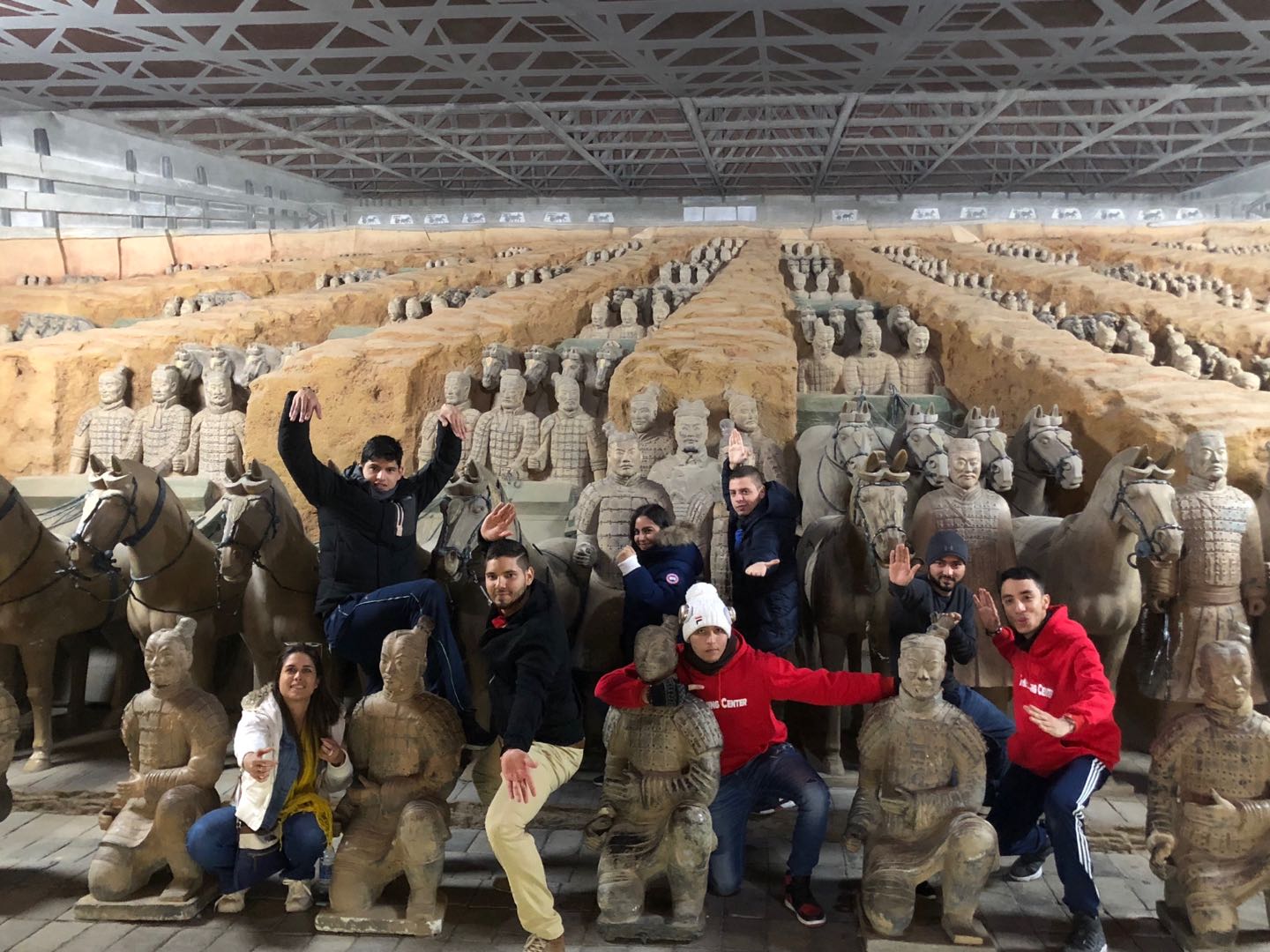
From November to December 2018, ChinaContact, TBC’s short-term program team, hosted a group of eight students and faculty from Javeriana Cali University for their “China Immersion 2018” program. During their 21 days in China, the group traveled Beijing, Xi’an, and Shanghai, learning about the different customs in different parts of China, witnessing the beautiful scenery of early winter, and immersing themselves in Chinese culture. To help them better make sense of all the things they saw, ChinaContact helped organize lectures about Chinese history, politics, economics, and business, taught by distinguished local and international professors.
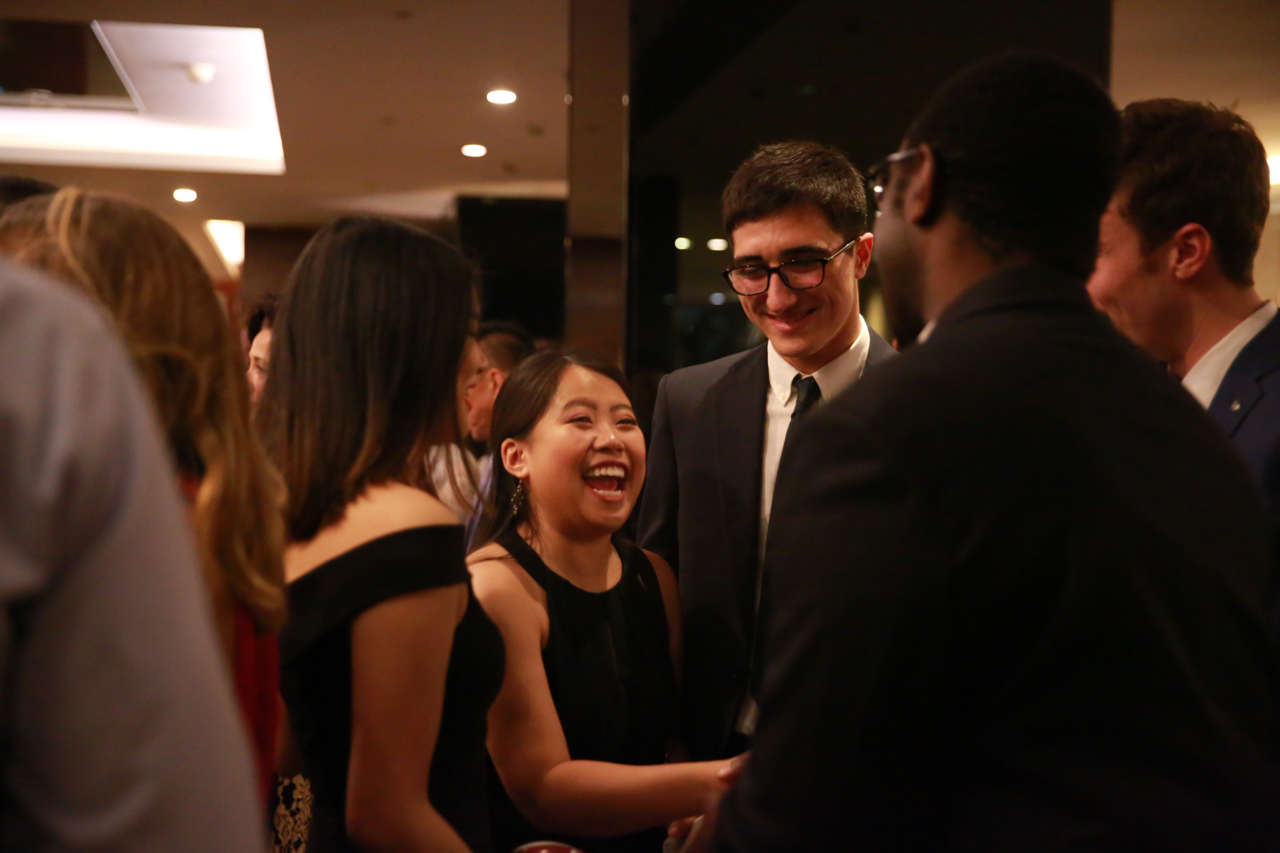
Since coming back from both the Silk Road and from whatever adventures we planned for ourselves during the Chinese National Holiday, all of us have been quite busy with schoolwork. We’ve come to the middle of the semester now. I’d be lying if I said that the semester hasn’t been flying by since the National Holiday. Midterms are this coming week, and many of us are spending this weekend preparing for them. As for me, I am a chronic procrastinator, so here I am writing this blog while my to-do list for this weekend stares mockingly at me.